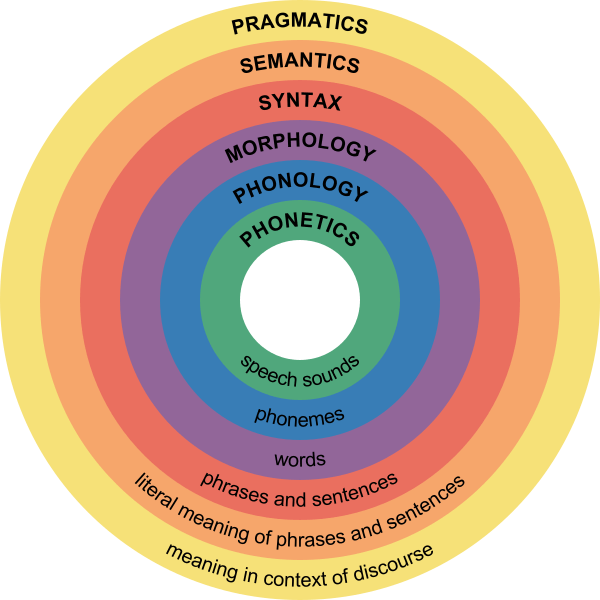
Today is the fourth anniversary of the passing of Ed Percival, my greatest mentor in life.
Ed taught me so much. As a homage to him, the page on this site focussed on potential clients assessing what they are seeking in a coach and how I work with my clients is called #BeMoreYou.
#BeMoreYou, as a phrase, was the distillation of Ed’s many decades of experience and learning as a coach. I wrote more about this in “Being More“.
One key area of learning from Ed was the power of language.
It is never “just” what you say and how you say it. Sometimes it may be simply what you say, other times especially what you say.
So, today’s post is around that specific thought and those words, and also draws on the wisdom of another sage human, Seth Godin.
I am not a fan of the word “just” as an adverb.
Using “just” minimises and reduces. As an example, if someone compliments you and you reply with something like “that’s just what I do”, usign the word just acts to say you don’t really value yourself as well as the opinion of the person giving the compliment.
#BeMoreYou, remember?
So, perhaps you can choose a different word to replace “just”. I’ll leave that with you and share a recent post from Seth to highlight that word “just” :
Just?
The meaning of the word is the reason we used the word.
If we don’t agree about the meaning of the word, we haven’t communicated.
Instead of, “that’s just semantics,” it seems more productive to say, “I’m confident we have a semantics problem.”
Because that’s all of it.
The way we process words changes the way we act. The story we tell ourselves has an emotional foundation, but those emotions are triggered by the words we use.
Not just.
Especially.
